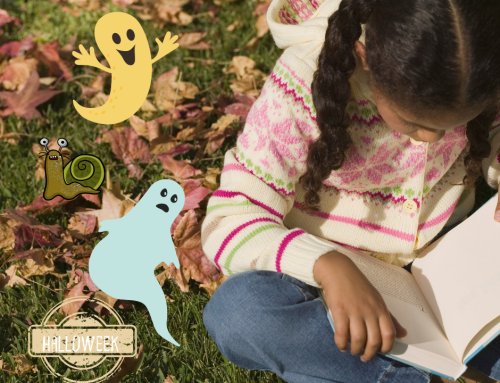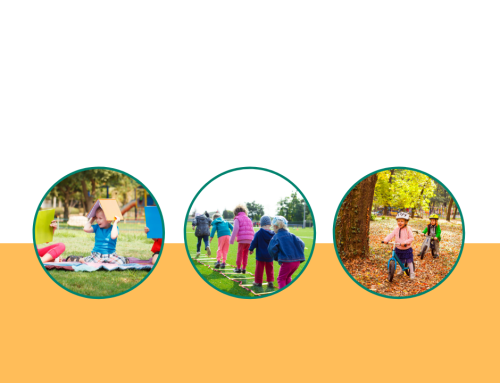Every season, spending time outdoors should be an opportunity for joy, knowledge, and exploration. Children learn how to make friends, to cooperate, to negotiate their territory and toys. And, let’s say it, even for us parents, it seems much easier. :) Outside, closer to nature, children are happier and more balanced. However, it happens very often that fatigue or lack of time makes us stay at home.
How long should any child spend outdoors?
Many studies asses the risks we expose our children to, while they spend most of the time indoors. Even the governmental official websites published information on the subject . The specialists’ recommendations vary, depending on the geographical area they come from. In the Great Britain, they say minimum 4 hours per week, while in the Nordic countries 6-7 hours each day. But, facts are very far from reality. The worldwide statistics show that, on average, children spend outside only 7-10 minutes/ day.
But technology has become an important part of our lives. And the outdoors activities have substantially diminished from one generation to another. Fear of sickness, lockdown, online schooling, travelling restrictions we have faced during the last 2 years have also deepened this gap. And we still don’t know the medium and long term consequences. Especially for the little ones, whose life habits are still in the making process.
How do outdoor activities contribute to children’s physical and mental development?
1.Outdoors, cognitive function is improved by:
- increasing the ability to focus and getting higher levels of attention – make children more receptive to absorbing new information;
- reducing the cortisol (stress hormone) level;
- releasing “happiness hormones”: dopamine and serotonin.
2.Improving physical performance:
- substantial improvement in performance – up to 50% – both in children and adults, while exercising outdoors compared to indoors;
- better movement coordination and a great feeling of revitalization.
3. Better functioning of the entire body:
- the sun provides vitamin D, which regulates the normal levels of calcium and phosphorus. Calcium maintains the bones health and supports the immunity system, especially while growing up;
- Solar light contributes to the proper functioning of the muscles.
4.Emotional development:
- there is a close connection between time spent in nature and the development of emotional intelligence, because nature provides us various stimuli to deal with;
- adults who have grown up connected to nature have higher levels of empathy and are less violent;
How much time does your child spend outsides? Have you tried the URBAN Forest outdoor activities? We are looking forward to see your opinions.







Leave A Comment